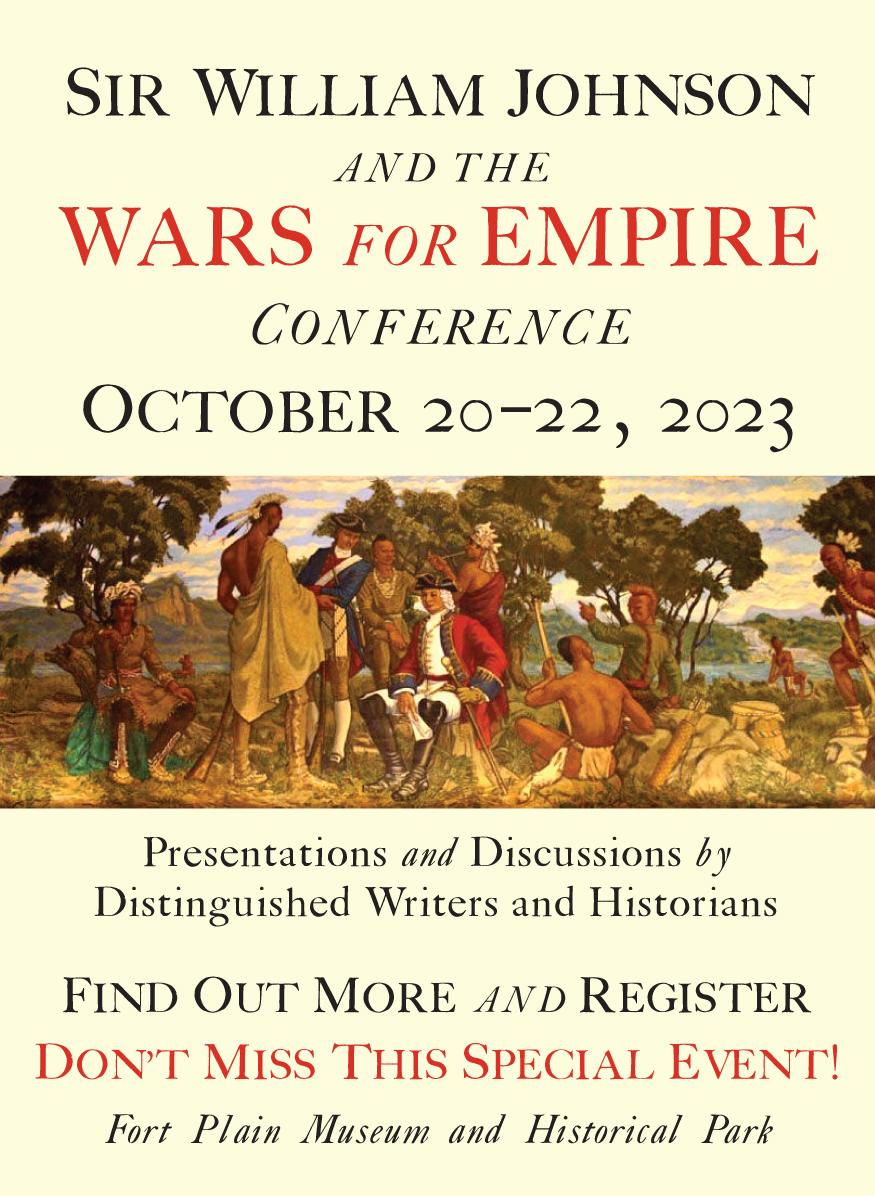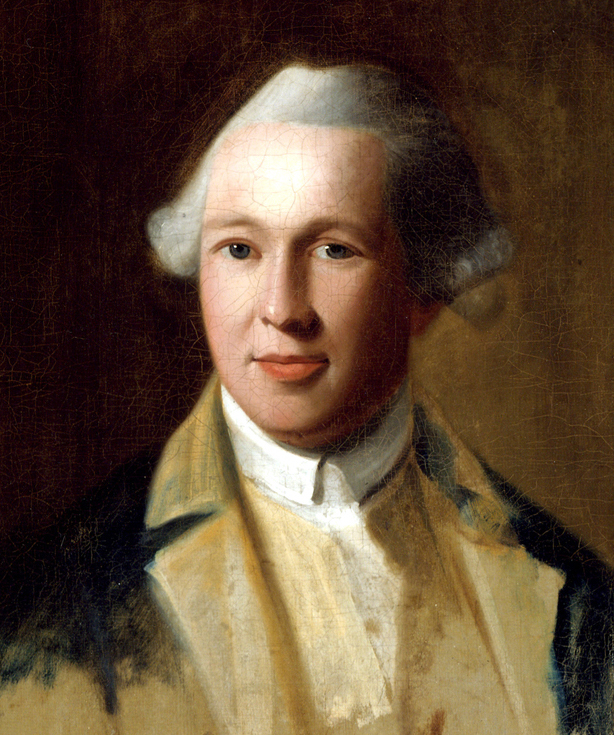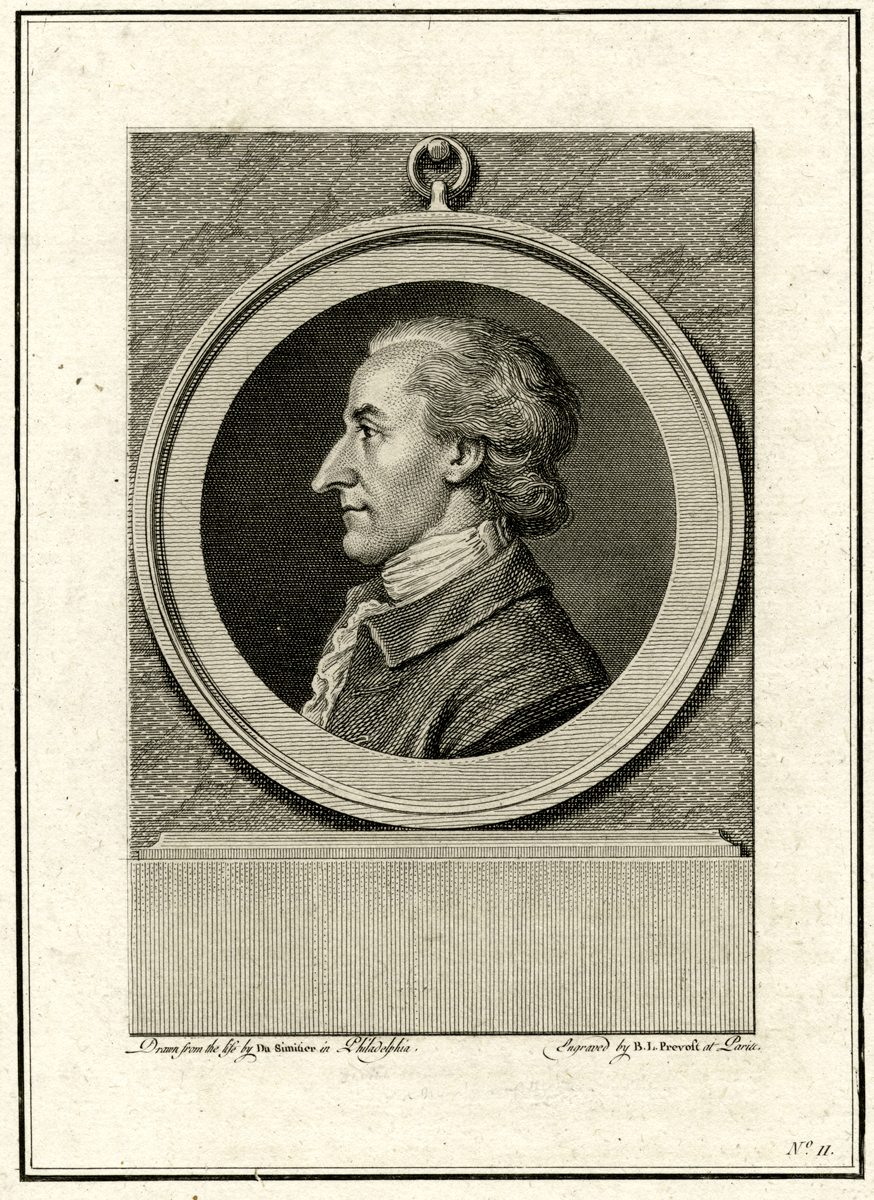The Life of John André: The Redcoat Who Turned Benedict Arnold by D. A. B. Ronald (Havertown, PA: Casemate Publishers, 2019)
On one level, the fascination with John André is perverse. He was, after all, a relatively minor figure of the Revolution whose combat experience was limited to the 1775 siege of Fort Saint-Jean (St. John). After a period of internment, much of his subsequent war service was taken up with staff and adjutant duties. Hardly the stuff of legend. His relative obscurity has not been aided by the fact that his family destroyed much of his private correspondence during the Victorian era, leaving biographers with little primary source material to fill in the gaps. But ironically this vagueness may well be the essence of André’s perennial appeal. Because we can prove so little, we can imagine so much. Down the centuries John André has emerged as the most romantic figure of the war, metamorphosing from an ineffectual intelligence officer into a dashing, passionate and tragic hero. But do these portrayals of André as the “unfortunate victim” represent an accurate portrait of the man, or do they reveal far more about contemporary historiography and modern society’s love of a good conspiracy theory?
There is undoubtedly a gap in the market for a modern biography of André, as the only one of any real credit was written over 150 years ago by American author Winthrop Sargent. D. A. B. Ronald then has a blank canvas to go at, and it is to his credit that he does so with gusto. This is a very opinionated book that will undoubtedly split readers. Their appraisal of it will rest largely on how much credibility they assign to the author’s complex theories concerning Arnold’s treason and André’s betrayal. Unfortunately for this reviewer, the book failed as many times as it succeeded. Too often it uncritically presented the reader with most of the hackneyed conspiracy theories surrounding Arnold, while contriving along the way to actually invent a couple of new ones.
The beginning of the book is pretty dry stuff. The first quarter is taken up with André’s ancestry, focusing on the financial ruin and shame his father brought to the family name. This may well have been a motivating factor in André’s subsequent desire for success, and Ronald is astute in pointing this out, but this psychological speculation could have been written in a briefer and more engaging way. In the space of a page, for example, the reader is faced with having to decipher the following passages:
Anthony could do nothing until February 1770 when his loans matured. Already “cautious” in February 1769 when the one year loan made to them in February 1768 came up for renewal, Anthony had stood firm as the borrowers pressed for “better terms.” He reduced the amount of the loan from £42000 (= PV £6.7 million) to £39.100. He also added a new proviso. A further £1000 stock should be deposited with them if the stock fell to 240. Still, he had to accept a proportionately smaller amount of India stocks as collateral (£17000 instead of £20000) . . . When about 27th May 1769, the price fell to £240 percent John Lewis André made a demand for £10 percent, and Crawford accordingly on 1st June following transferred to André £500 capital East India stock.
The book comes to life when we leave John André’s “gloomy compting house” career for his army adventures in America. Here Ronald does a tremendous job in portraying not only how André was treated as a prisoner of war but also how Patriot civilians dealt with the unexpected influx of British prisoners. This is undoubtedly the best part of the book. André is revealed to be a natural peacemaker frequently acting as a conciliator between the surly British troops and the residents of Lancaster, Pennsylvania, a town overwhelmingly resenting their presence. This is an important and often-overlooked area of study, and the reader is given an unconventional perspective on the tensions that existed for both sides. It certainly makes a change from the traditional “death ships” prisoner of war narrative.
Most people buying a biography of André, however, will undoubtedly be looking for a retelling of the tangled love triangle between his lover Peggy Shippen and her treacherous husband, Benedict Arnold. Ronald is firmly in the “Benedict Arnold as an unmitigated villain” camp. He assigns little credit to him as a man, characterizing him as a Machiavellian manipulator of his country, his wife, and ultimately of André himself. Peggy Shippen is caustically portrayed, in the current vogue, as a “steely, single-minded and scheming” woman who must “dissemble and deceive, fake and flatter.” Though as she was just eighteen years old at the time this “Lady McBeth” characterization has always struck me as ungenerous at best and wholly inaccurate at worst.
Ronald’s proposal that André worked in tandem with Shippen to turn Arnold is nothing new, but his theory that Arnold subsequently duped André to his death certainly is. In essence, Ronald asserts that a jealous and manipulative Arnold betrayed André into coming ashore at Long Clove, substituted his uniform for civilian clothes against his will, deliberately dragged out fruitless negotiations to ensure his ship theVulture would be sent on its way, before conspiring to send André overland to New York and certain capture. Arnold essentially stage-managed André’s death, with his subsequent protestations of anger at André’s execution being simply a ruse to cover his guilt. A cynic would ask why Arnold would implement such a convoluted stratagem after having spent years cultivating a relationship with the British? Ronald’s answer? Greed. If André died then, Arnold would be able to claim an inflated amount of money from the British by telling them that this was the”indemnity” André had agreed to before he left for New York, or as the author puts it, “much better, much simpler if John was to die.”
Yet Ronald’s conspiracy theories do not end with André’s capture. Uniquely the biography asserts that André, on being arrested, immediately realized that Arnold had deceived him and so confessed in order to send a coded message to his commander-in-chief General Clinton. His confession would ensure that Clinton would realize Arnold was not to be trusted and would, therefore, abandon his planned attack on West Point which André believed would lead the British into a “bloodbath.” His sacrificial death would also protect his beloved Peggy from any charges of conspiracy.
The book certainly offers a unique angle on the capture of André, but unfortunately a far from convincing one. Even those with limited knowledge of the circumstances of André’s arrest will be able to tear apart much of the illogical plot Ronald has constructed. There are far too many unsubstantiated “may haves” in the author’s arguments for it to hold water. In his theory, André deliberately allows the West Point plans in his boots to be found, whilst Washington fully realizes that Shippen is a co-conspirator in the plot but “rids himself of her into the hands of the harpies of Philadelphia” essentially because he does not wish to execute a woman. Arnold writes a “bloodthirsty letter” to Washington, threatening retaliation not in order to save André but ruthlessly to “make sure the Americans did not go back on their decision to have André executed.” This is nonsense, of course, as there is no evidence that Washington ever considered Shippen guilty of conspiracy. It also strikes me as a cumbersome misreading of Washington’s character. Do we really think that if Washington harboured even the remotest suspicion of her guilt he would release her simply because it was less traumatic than sending her to trial? Even less likely is the premise that he would execute André merely as a riposte to Arnold’s calculated threats. As to André immediately confessing and offering no defence, in fact, the defence he gave the court was well thought out and perfectly reasonable. André protested that his actions had been “an advantage taken in war,” and that he had entered American territory under a flag of truce to suborn an enemy officer legitimately. This isn’t the argument of a man accepting inevitable execution as a spy, still less wishing it.
In fairness to Ronald, the last half of the book is thoroughly entertaining, and the author may have been unfortunate to have been landed with a reviewer who approaches historical conspiracy theories in general, and those concerning Arnold in particular, with an arched eyebrow. Others may see more credit in his position.
The biography is well produced by Casemate with some splendid and rare self-portrait miniatures of André lent by current members of the André family. The writing is in the main clear with only the occasional ripe passage, my favourite being, “John was a good looking young man: easy on the eye with, at the same time, a seductive hint of dark otherness.” How we must all wish we had been born with a “seductive hint of dark otherness.”
PURCHASE THIS BOOK FROM AMAZON
(As an Amazon Associate, JAR earns from qualifying purchases. This helps toward providing our content free of charge.)














5 Comments
I saw this book a few months ago at Barnes and Noble, so my memory might be faulty, yet the author used copies of Andre’s letters, written much later, instead of the originals at the University of Michigan. There are also original Andre manuscripts at Huntington Library, California, the Historical Society of Pennsylvania, Harvard University, Morristown National Historical Park and Wichita State University. I think he cited the two letters in Wichita, but it seems odd that he missed the others.
Unfortunately I bought this book when it came out hoping for a more objective picture of Andre, Arnold and Peggy. It was not to be. This retelling is not worth purchasing as it not only fails to present documented mitigating factors about Andre and Arnold and facts about the alleged relationship between Peggy and Andre, as the review makes clear it adds new suggestions and theories to add new fake history to the already questionable history of Arnold’s change of sides.
Glad you did this review John!
I have focused on Andre primarily from the perspective of his capabilities as an intelligence officer, but have also read material on his life and comments on him by some of his fellow officers. He seems to have been a capable staff officer, perhaps with more appreciation among his seniors than his junior counterparts. As a intelligence officer he was untrained and committed the worst possible mistake in his handling of Arnold – he allowed the agent to run the operation. Few intelligence officers’ operations survive this mistake and, of course, he did not.
Thank you for your candid review. I would have purchased the book had it not been for you. Thank you for saving me time & money.
I purchased this book to find out more information on Andre’s participation in the Ft. St. John siege and aftermath. Unfortunately, Ronald did not provide much detail. However, I was struck by the deep and controlling relationship between Andre and his mother as well as the 1770 love triangle that caused the family considerable embarrassment.
I agree with the above comments on the Revolutionary War aspects of Andre’s life. He was a proficient, but minor staff aide but a poor intelligence officer. While Andre did not have notable military achievements, his biography is an example of the family, psychological, cultural, and interpersonal issues facing the British officer corps during the war. Read from this perspective, Ronald’s work has considerable value, but it is encased in too much speculation on Arnold’s betrayal.